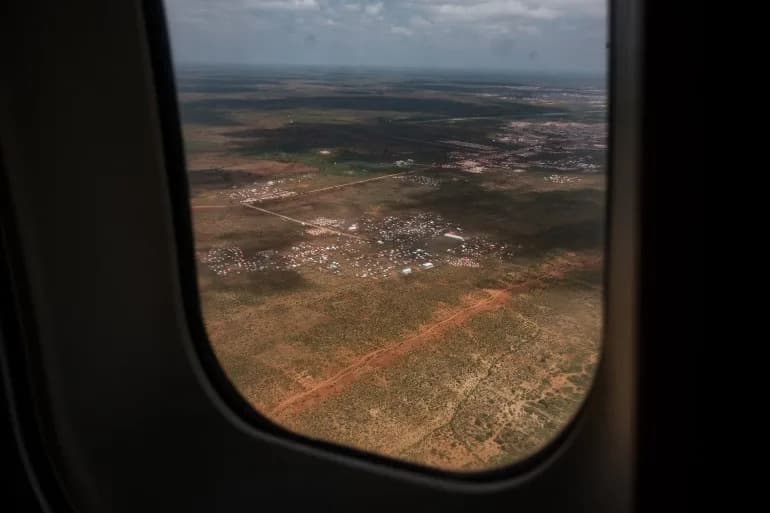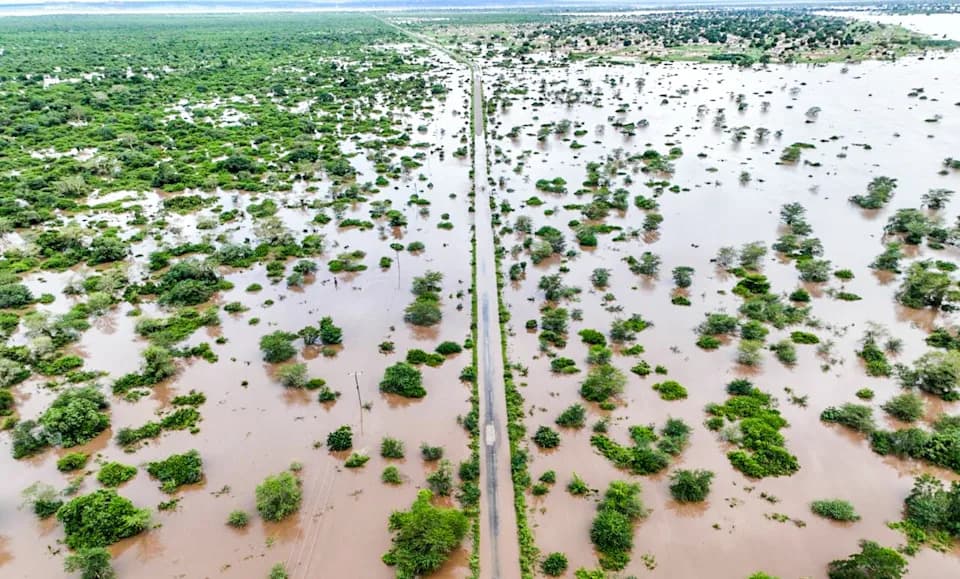South Africa has begun clinical trials for its first domestically developed oral cholera vaccine, produced by Cape Town’s Biovac. The vaccine is in adult safety testing now and will be compared with existing vaccines later; Health Minister Aaron Motsoaledi said approval for wider African use could be possible by 2028. Trials are taking place in Gauteng, Eastern Cape and KwaZulu‑Natal, and the effort aims to reduce dependence on imported vaccines amid recurring outbreaks linked to unsafe water. The WHO estimates up to 4 million annual cholera cases worldwide, with 21,000–143,000 deaths.
South Africa Begins Trials of First Homegrown Oral Cholera Vaccine — Biovac Aims for Africa-wide Use by 2028

Biovac launches clinical trials of South Africa’s first domestically developed oral cholera vaccine
JOHANNESBURG — Researchers in South Africa have begun clinical trials of the country’s first locally developed oral cholera vaccine, created by Cape Town-based pharmaceutical company Biovac. The vaccine is currently in adult safety trials and will later be evaluated in comparative studies against existing cholera vaccines on the market.
Health Minister Aaron Motsoaledi said that if trials proceed successfully the vaccine could receive regulatory approval and be available for use across Africa by 2028. The development has been hailed as an important step toward improving vaccine access throughout the continent and reducing reliance on imports.
Why this matters
Motsoaledi noted that South Africa records relatively low cholera incidence compared with some neighbors, but many African nations that regularly suffer major outbreaks would benefit from a locally produced supply. He added that the COVID-19 pandemic exposed how vulnerable African countries are when they depend on imported vaccines.
Cholera outbreaks in the region are driven by factors such as cross-border movement and lack of reliable access to clean water in some communities. For example, areas like Hammanskraal in the Pretoria region continue to struggle with safe water provision — a problem that contributed to a 2023 outbreak in South Africa that resulted in 47 deaths and more than 1,400 reported cases. Neighboring countries including Malawi, Mozambique and Zimbabwe have experienced substantially higher case counts and fatalities.
Where trials are happening
Clinical trials are being conducted in provinces that have previously reported cholera cases: Gauteng, Eastern Cape and KwaZulu‑Natal. Biovac CEO Morena Makhoana said the locally produced vaccine addresses a “critical, life‑saving need” amid global shortages of cholera vaccines during recurring outbreaks.
Aaron Motsoaledi: "When we can research, develop and manufacture vaccines locally, we reduce our vulnerability to supply chain disruptions, geopolitical pressures, international market competition and vaccine nationalism."
Voices from trial participants
Lerato Maleka, 44, one of the first participants, said she enrolled because of local water problems. "I haven't had cholera, but sometimes they don't maintain water and people died in Hammanskraal from cholera by drinking water, so I wanted to be safe," she said. Residents in parts of Diepkloof, Soweto, often boil tap water because it is not reliably clean.
Shadrack Makutu, 37, from Limpopo province, took part after his village of Bushbuckridge experienced outbreaks. "I know people who share water with animals, so I know a few people who have been affected by cholera," he said.
Global context
The World Health Organization estimates that up to 4 million people are affected by cholera worldwide each year, with annual deaths ranging from approximately 21,000 to 143,000. A safe, affordable, locally produced vaccine could help reduce fatalities and ease pressure on international vaccine supplies during outbreaks.
Note: The Associated Press reports that the AP receives funding for global health and development coverage from philanthropic sources; the AP retains editorial control over content.
Help us improve.


































